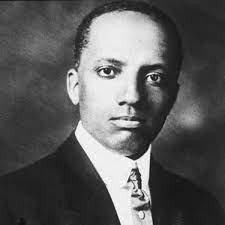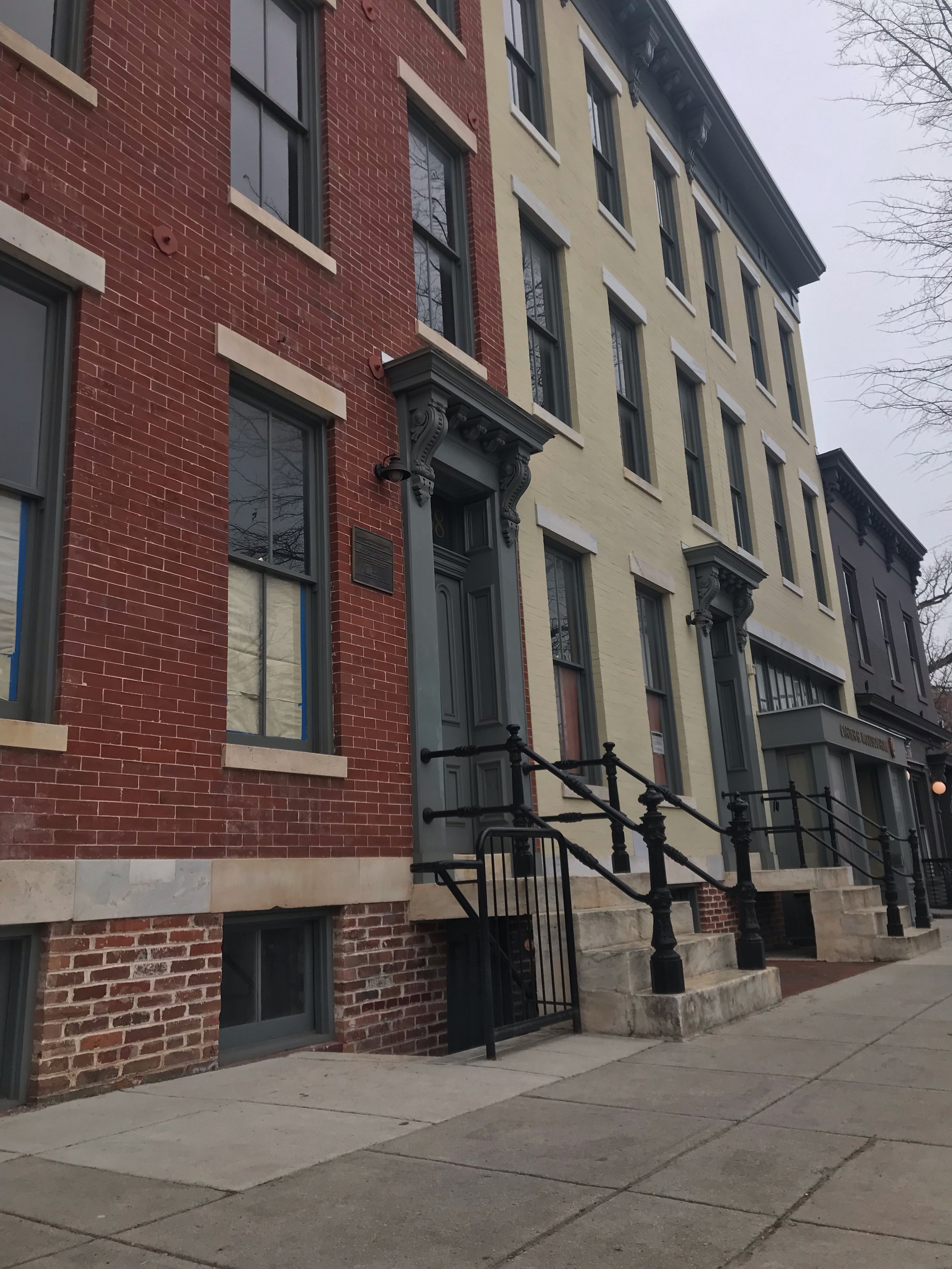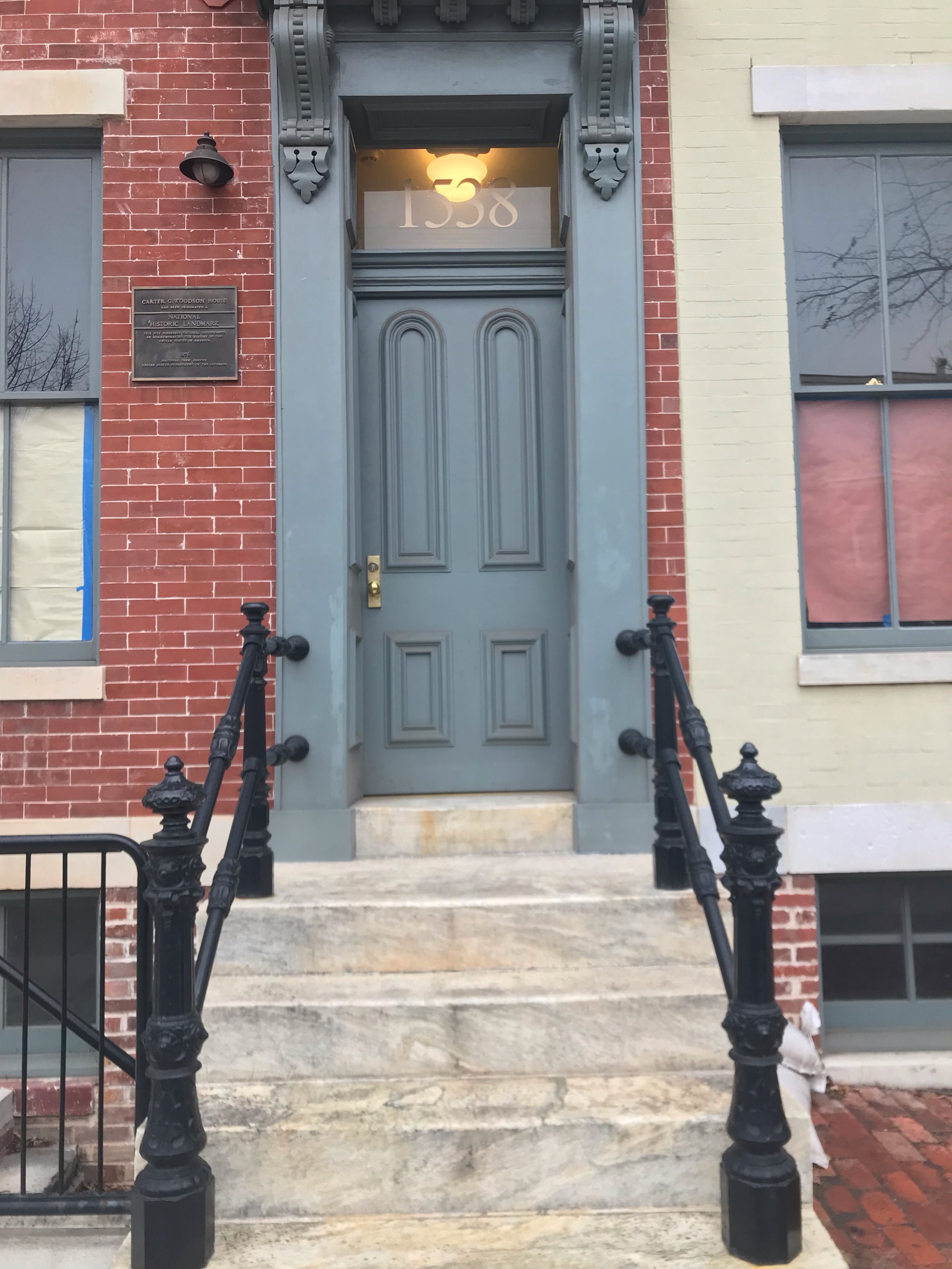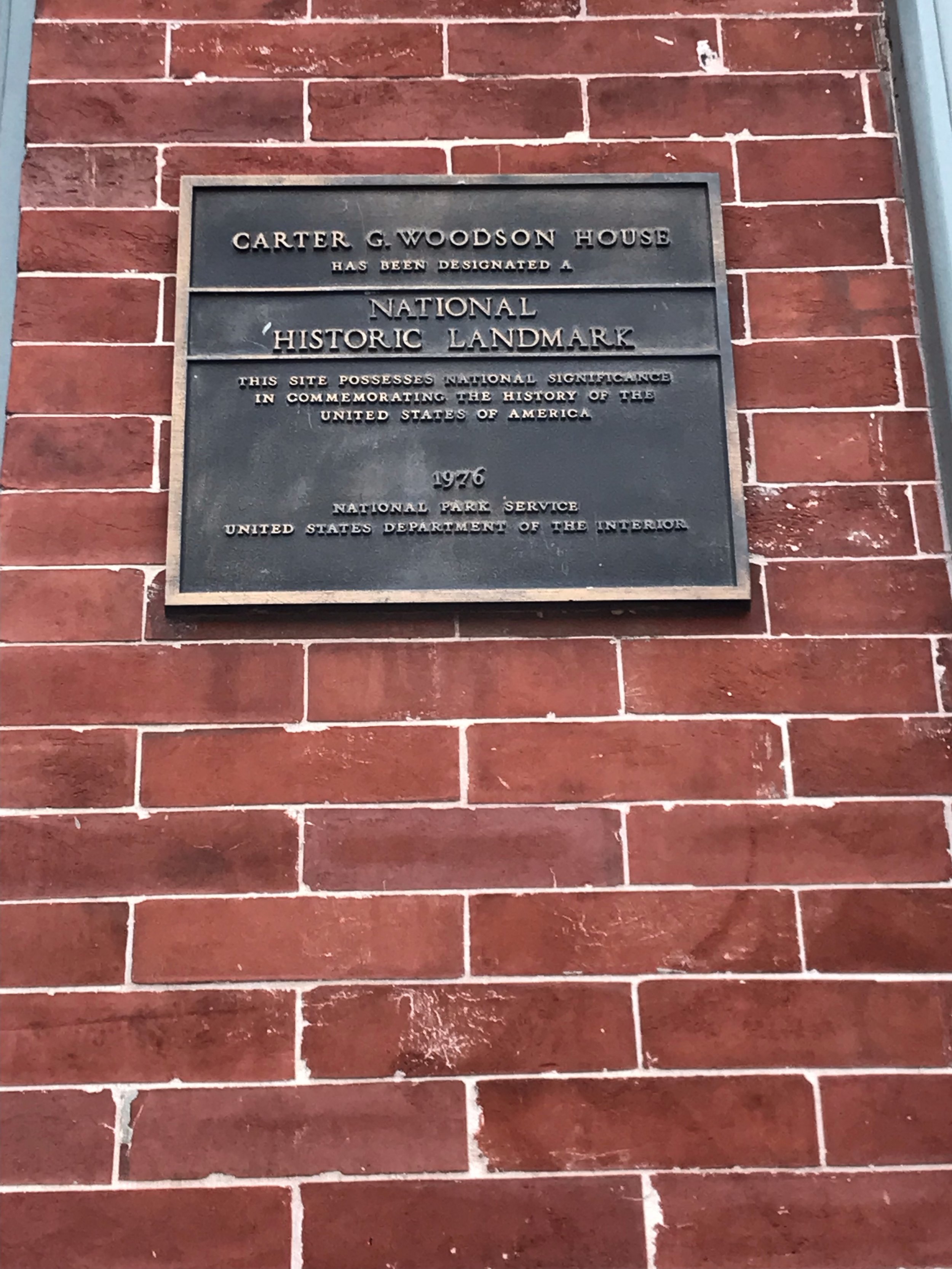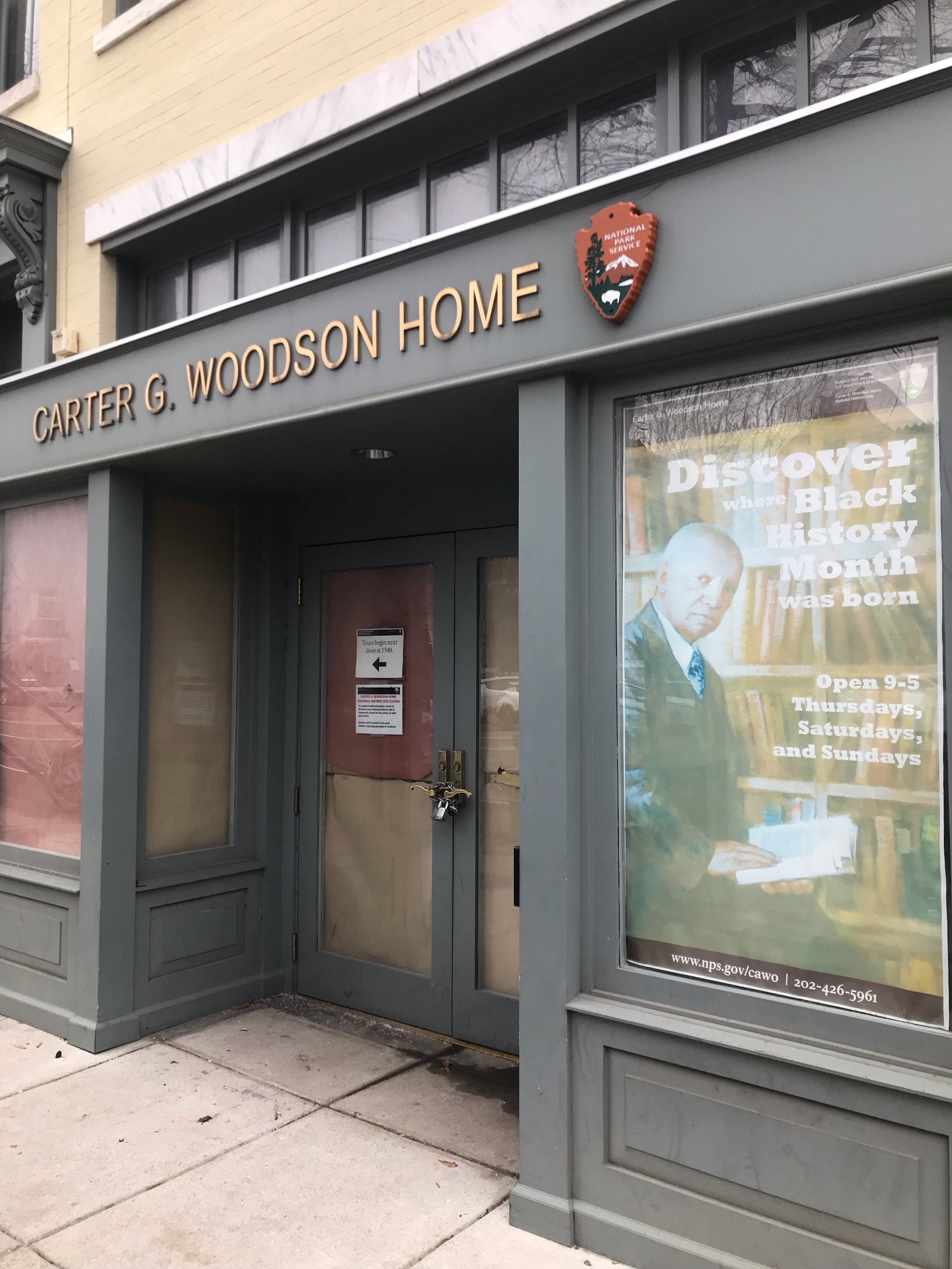Black History Month Beginnings
/Carter G. Woodson
In 1926, Carter G. Woodson, a professor at Howard University in Washington, proposed Negro History Week to span the week in the middle of February that contained the birthdays of Abraham Lincoln and Frederick Douglass. It caught on. According to an article by Daryl Michael Scott,
From the beginning, Woodson was overwhelmed by the response to his call. Negro History Week appeared across the country in schools and before the public. The 1920s was the decade of the New Negro, a name given to the post-World War I generation because of its rising racial pride and consciousness. Urbanization and industrialization had brought over a million African Americans from the rural South into big cities of the nation. The expanding Black middle class became participants in and consumers of Black literature and culture. Black history clubs sprang up, teachers demanded materials to instruct their pupils, and progressive whites stepped forward and endorsed the efforts.
Scott went on to describe how Woodson and the organization he founded, now the Association for the Study of African American Life and History, “scrambled to meet the demand” by producing teaching guides, posters, and other materials. Activity was concentrated in Dr. Woodson’s “home office” on Ninth Street NW, near Howard. (Thanks to my son, who lives nearby, for the photos.) It buzzed with activity and new ideas. The building is a National Park Service site, although currently closed to the public.
This year, Black History Month is taking place amidst infuriating fear-mongering about teaching history in our increasingly multiracial society. (White) political candidates make pronouncements to (white) voters that (white) children should not “feel uncomfortable” about what is taught (including in my own state of Virginia). State legislatures and local school boards have turned those diatribes into laws and policies. What non-white students had and have to sit through—some of it uncomfortable indeed— is not honored.
Dr. Woodson is quoted in an article in the Washington Post by DeNeen Brown as stressing, almost a century ago:
“It is not so much a Negro History Week as it is a History Week,” he wrote, according to the ASALH. “We should emphasize not Negro History, but the Negro in History. What we need is not a history of selected races or nations, but the history of the world void of national bias, race hatred and religious prejudice.”
The White House Proclamation for Black History Month 2022 paid homage to this idea:
…Black culture is American culture, and Black stories are essential to the ongoing story of America — our faults, our struggles, our progress, and our aspirations.

